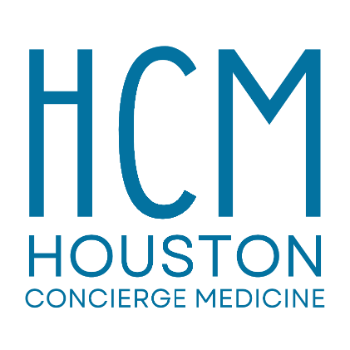High Cholesterol Treatment in Houston, Texas

Understanding the Basics of High Cholesterol
High cholesterol, also known as hypercholesterolemia, is a condition characterized by elevated levels of cholesterol in the blood. Cholesterol is a waxy substance that is produced by the liver and is also found in certain foods. In the body, cholesterol is essential for various functions, such as building cell membranes and producing hormones. However, when cholesterol levels are too high, it can lead to a buildup of plaque in the arteries, increasing the risk of heart disease and other serious health issues.
There are two main types of cholesterol: low-density lipoprotein (LDL) cholesterol and high-density lipoprotein (HDL) cholesterol. LDL cholesterol, often referred to as "bad" cholesterol, can contribute to plaque buildup in the arteries. HDL cholesterol, on the other hand, is known as "good" cholesterol because it helps remove LDL cholesterol from the bloodstream.

The Symptoms of High Cholesterol
What are the symptoms of High Cholesterol?
High cholesterol itself does not typically cause any symptoms, which is why it is often referred to as a "silent" condition. In most cases, people are unaware that they have high cholesterol until it is detected through a routine blood test. However, over time, high cholesterol can lead to the development of atherosclerosis, a condition in which plaque accumulates in the arteries, restricting blood flow.
- In advanced stages, atherosclerosis can cause symptoms such as:
- Chest pain
- Shortness of breath
- Numbness or weakness in the limbs.
If a plaque ruptures and forms a blood clot, it can lead to a heart attack or stroke. Therefore, it is crucial to monitor cholesterol levels regularly and take steps to manage high cholesterol to reduce the risk of complications.
It is important for individuals with high cholesterol to work closely with our preventative plan provided by Dr. Burzynski to monitor their cholesterol levels regularly and adjust their treatment plan as needed. By effectively managing high cholesterol, individuals can reduce their risk of heart disease and improve their overall health and well-being.
What are the diagnoses and treatments of High Cholesterol?
Diagnosis of high cholesterol typically involves a simple blood test called a lipid panel. This test measures levels of total cholesterol, LDL cholesterol, HDL cholesterol, and triglycerides in the blood. Based on the results, healthcare providers can assess an individual's risk of heart disease and determine the appropriate course of treatment.
Treatment for high cholesterol often involves a combination of lifestyle changes and medication. Lifestyle modifications may include:
- Following a heart-healthy diet low in saturated fats, trans fats, and cholesterol
- Engaging in regular physical activity, such as walking, jogging, or cycling
- Maintaining a healthy weight
- Quitting smoking
- Limiting alcohol consumption
In addition to lifestyle changes, Dr. Burzyski may prescribe medications to help lower cholesterol levels. Common medications used to treat high cholesterol include statins, which work by reducing the production of cholesterol in the liver, and other drugs that help reduce cholesterol absorption in the intestines.
